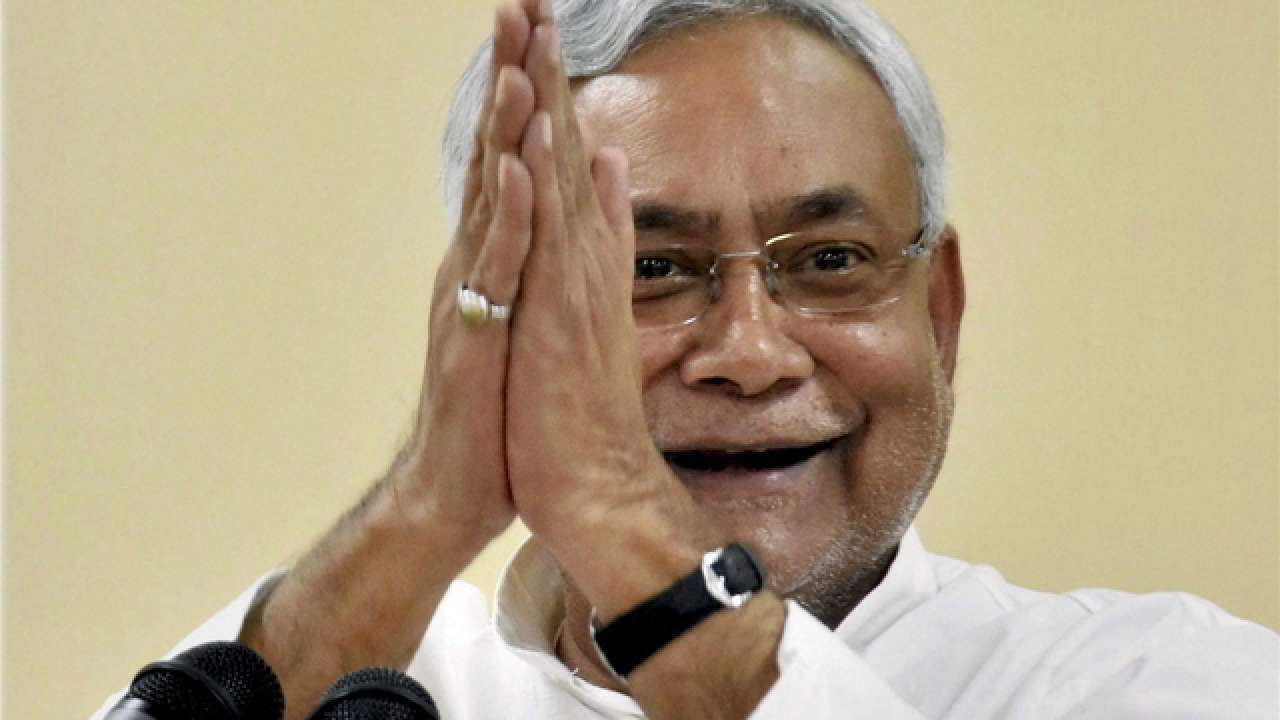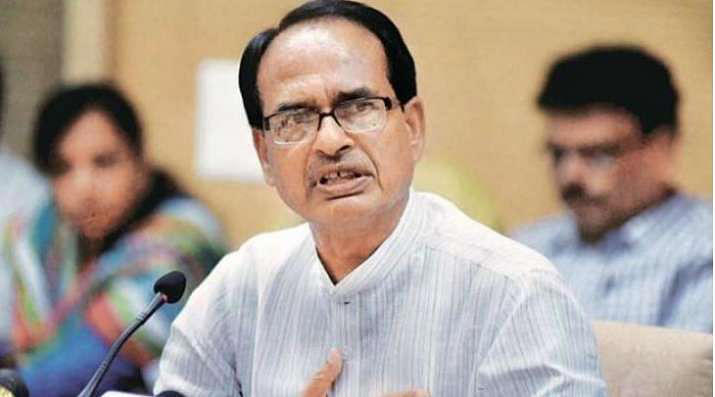MP: ‘Nitish Kumar Now Has No Right To Be CM,’ Says CM Chouhan

MP: ‘Nitish Kumar Now Has No Right To Be CM,’ Says CM Chouhan
The statement made by Madhya Pradesh Chief Minister Shivraj Singh Chouhan regarding the Bihar Chief Minister Nitish Kumar reflects a significant political development and indicates a potential strain in the relationship between the two states. While the specific context of CM Kumar’s remarks in the Bihar assembly is not mentioned, it appears that his comments have drawn strong criticism from CM Chouhan.
Such public criticisms between political leaders can indicate underlying tensions or disagreements on various issues, potentially impacting the dynamics between the two states. It’s crucial for leaders to engage in constructive dialogue and maintain mutual respect, especially when addressing matters of public interest and governance.

In the interest of maintaining a harmonious relationship between states, it is advisable for political leaders to prioritize diplomacy and open communication, focusing on collaborative efforts that promote the overall welfare and development of both states. Constructive engagement and a willingness to address differences through dialogue can pave the way for a more cohesive and cooperative approach, fostering a positive environment for the benefit of the citizens of both Madhya Pradesh and Bihar.
The strong condemnation of Bihar Chief Minister Nitish Kumar’s remarks by Madhya Pradesh Chief Minister Shivraj Singh Chouhan reflects the gravity of the situation and underscores the importance of upholding respect and dignity, particularly towards women. CM Chouhan’s statements highlight the need for political leaders to be responsible and sensitive in their public discourse, especially when addressing issues that concern the welfare and rights of individuals, particularly women.

The criticism directed at the INDIA alliance for not addressing the matter in question emphasizes the significance of maintaining a cohesive and unified approach within the political landscape. Collaboration and coordination among political parties are essential for fostering a conducive environment for governance and policy implementation. Constructive dialogue and a shared vision among political allies are crucial for maintaining stability and promoting the collective interests of the country.
The reported remarks made by the Bihar Chief Minister during the Assembly session have generated controversy and sparked concerns about the appropriateness and sensitivity of his comments. It is crucial for leaders to exercise caution and ensure that their public statements are in line with the values of respect, equality, and dignity, particularly when addressing issues that impact marginalized or vulnerable groups within society.
Respecting the rights and dignity of all individuals, regardless of gender or background, is fundamental to promoting a more inclusive and equitable society. It is essential for political leaders to lead by example, fostering a culture of respect and understanding that upholds the principles of dignity and equality for all.
The apology offered by Bihar Chief Minister Nitish Kumar following the controversy over his remarks in the assembly is a significant step toward acknowledging the severity of the situation and addressing any potential harm caused by his words. Recognizing the need to take responsibility for his statements, particularly in a position of leadership, demonstrates a willingness to uphold respect and dignity in public discourse.
Apologizing for any remarks that may have caused offense or hurt is an important gesture, signaling a commitment to fostering a culture of mutual respect and understanding within the political arena. It also reflects a recognition of the importance of maintaining a positive and inclusive environment that upholds the rights and dignity of all individuals, irrespective of their background or beliefs.
By acknowledging the impact of his words and expressing regret for any unintended consequences, the Chief Minister sets an example of accountability and humility, demonstrating a willingness to learn from the situation and engage in constructive dialogue moving forward. This apology serves as a reminder of the significance of responsible and sensitive communication, especially from public figures and leaders, and highlights the importance of fostering an environment that values inclusivity, empathy, and mutual respect.
The comments made by Madhya Pradesh Chief Minister Shivraj Singh Chouhan, taking a dig at Congress General Secretary Priyanka Gandhi’s historical reference, indicate the political fervor surrounding the upcoming elections in the state. Political campaigns often involve various statements and counter-arguments, with parties seeking to gain an advantage through highlighting their opponents’ perceived shortcomings or inaccuracies.
While such criticisms are part of the democratic process, it is important for political leaders to maintain a level of decorum and refrain from personal attacks or divisive rhetoric. Focusing on constructive dialogue, policy proposals, and the welfare of the public can contribute to a more substantive and productive electoral discourse.
With Madhya Pradesh being one of the states undergoing elections, it is crucial for all political stakeholders to prioritize the well-being and interests of the electorate. Ensuring a fair and transparent electoral process, free from any form of misinformation or manipulation, is essential for upholding the democratic values and principles of the country.
It is imperative for all political parties to engage in responsible and respectful communication, promoting a healthy exchange of ideas and policies that address the pressing concerns and aspirations of the people. By maintaining a focus on the issues that directly impact the lives of the citizens, political leaders can foster an environment of transparency, accountability, and mutual respect, thereby contributing to the overall progress and development of the state.





